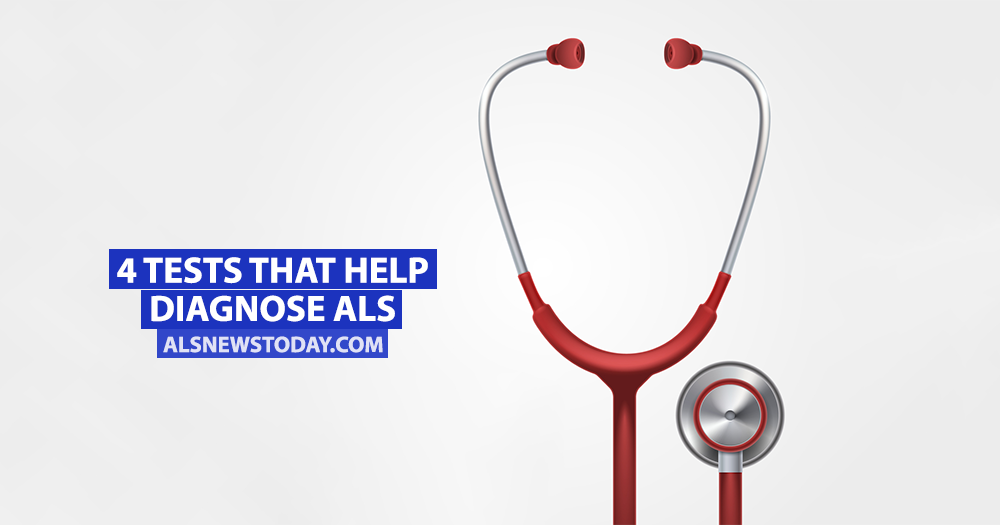4 Tests That Help Diagnose ALS
Written by |

There isn’t one test that doctors can use to determine if a person has amyotrophic lateral sclerosis (ALS). Instead, doctors need to perform a series of tests to eliminate other similar neurological diseases and to arrive at an ALS diagnosis. The process can be slow, taking an average of 12 to 14 months in the U.S. The patient will be told that they have suspected, possible or probable ALS which will depend on the parts of the body affected. It’s only as the disease progresses that doctors will know more.
According to the ALS Therapy Development Institute, doctors assess a patient’s physical symptoms, along with taking simple blood and urine tests and a spinal tap.
To rule out other neurological disorders, they may also run the following tests:
Electromyography (EMG) and nerve conduction studies (NCS)
These two tests will allow doctors to see if the motor nerves are still working correctly or if they’ve degenerated. NCS tests the strength of the signals that motor nerves can send to the muscles and EMG measures how the muscles respond to signals from the motor nerves. The tests help to eliminate other disorders, particularly ones affecting the peripheral nerves.
Join our ALS forums: an online community especially for patients with Amyotrophic Lateral Sclerosis.
Muscle biopsy
A muscle biopsy will allow a doctor to investigate specific muscles the patient is experiencing difficulties with. The tissue will then be studied under a microscope to rule out other neuromuscular diseases.
MORE: An overview of the signs and symptoms of ALS
MRI scan
Magnetic resonance imaging (or MRI) can look at the tissue in the spinal cord and brain, helping to rule out conditions such as multiple sclerosis and brain tumors as well as diseases of the spinal cord.
Genetic testing
Around 10 percent of ALS cases are genetic. If there is a family history of the disease, doctors may order genetic tests to see if the patient has one of the nine identified mutated genes associated with ALS.
MORE: Explaining the progression of ALS
ALS News Today is strictly a news and information website about the disease. It does not provide medical advice, diagnosis or treatment. This content is not intended to be a substitute for professional medical advice, diagnosis, or treatment. Always seek the advice of your physician or another qualified health provider with any questions you may have regarding a medical condition. Never disregard professional medical advice or delay in seeking it because of something you have read on this website.





